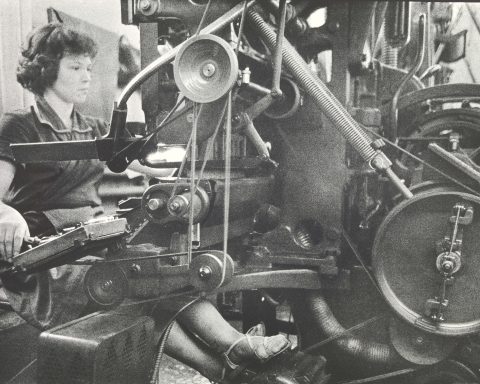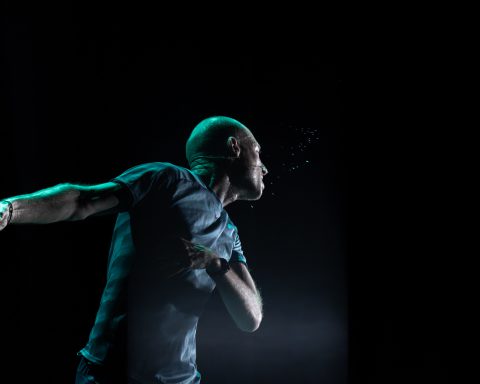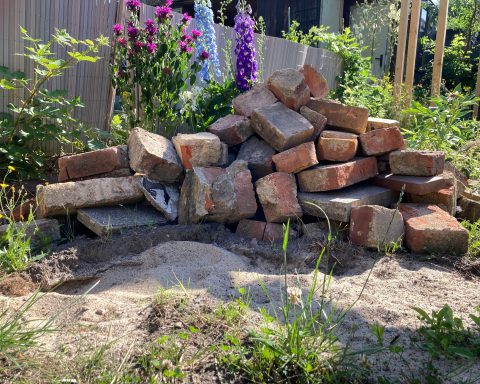Stateless, an art exhibition currently at Kunstkraftwerk on Leipzig’s west side, derives feelings of disconnection, isolation and hopelessness; something lacking a fundamental essence of humanity, of togetherness.

The irony of the name intrigued me, given the context in which I experienced this exhibit by celebrated New York-based artist Shimon Attie.
The mission of Kunstkraftwerk (KKW) as an event and exhibition space, through its programming, is to provide a place in which everyone feels at home, where people can consume the art, can swim in it, and interact with each other. In addition to its main program, KKW arranges satellite events which engage community groups more intimately with the work; a platform for intensive consumption and interactivity.
I was asked to go along to one such event, an ‘Interkultureller Tag’ for Stateless, where I experienced what were perhaps antithetical feelings.
The work itself is a consuming video and installation piece specifically designed for the venue’s Kesselhalle. We enter the hall at one end and stand around on a large carpet under projection of a roulette table, perhaps big enough for more than 80 people.

A slow-moving game of roulette played by seven Syrian immigrants is beamed onto a hall-spanning screen at the other end. Each person has their own technique for making bets.
The low frequency soundtrack is stilted by a soft rhythm of heartbeats. It doesn’t take much brainwork for one to grasp the work’s theme, leaving the viewer to let go and delve more into the elemental realm. It’s a beautifully made piece that will keep you there, in your own world or that of a distant other’s, until the end.
The exhibit has been on since 1 July, and runs until 13 August.
In contrast to its theme and feel, built around the installation was a day of family and children oriented events on 2 August. Not only did this provide for many beautiful interactions, but also gave me an insight into some new local communities I’d not yet met, as I got to speak with the groups and participants.
“After nourishment, shelter and companionship, stories are the thing we need most in the world.” – Phillip Pullman
Buchkinder Leipzig came to the KKW event for a reading of a special book written by 14 migrant children from Kosovo, Afghanistan, Pakistan and Syria, three of whom were there to read. The non-profit is part of a country-wide book publisher which works together with children to create and publish their own books.
Sven Riemer, co-head of the non-profit, tells me that in their workshops, Buchkinder Leipzig staff only exist to guide the process, and to create an environment for the children’s tales themselves to flourish, uninfluenced by external voices. The resultant books spill over with raw stories and unhinged imagination.

The next activity came courtesy of Dresdner59, a group based in the Reudnitz community at Leipzig east, where they host the Nachbarschaftscafe. Activity organiser Katharina Meyer tells me about their many projects ranging from German and Arabic language classes, clothes swaps, and this, their shadow puppet theatre.
It is the will of the organisation to involve everyone, and put on such events to persuade women and children, especially, out of the house and into Leipzig. Katharina and Dresdner59 staff invited children to make shadow puppets together, before performing an improvised play using German and Arabic children’s books as a narrative.
In the intimate room, it isn’t just the narrative of the play that we, the audience, are immersed in; a braid of colourful narratives weaves itself throughout the room, gliding between the storytellers, the puppeteers and the audience.
The two languages dance so poetically with one another that one’s heart could do nothing but slow down.

Meanwhile, the calm whispers from Katharina and the Dresdner59 staff helping the volunteer puppeteers perform for their new friends tease out smiles.
Whether intended or not, using shadows as a medium served as a strong counterpoint to the multi-faceted nature of the happening. It made me consider that despite all these wonderful differences in language, histories and culture, everyone in the room, fundamentally is also very much made of a similar essence.
Music was next. A lively Oud and Darbuka duo strolled in and entertained the small audience with a series of folk songs. Well warmed up, the children came to the front of the room and swayed along.
The final event of the day was an Arabic cooking course given by Ammar Dachak, a young man from Aleppo, Syria, and his Palestinian co-chef, Mohammed. Both taught by their mothers, the two cooks took us through the classic dish Ouzi, and of course, the very sole reason chickpeas exist, Hommos.

Watching the two men take the group through these dishes in such an unassuming manner was refreshing.
There is no performance here; there is no facade.
What makes it special is that, despite the sense of magic one derives from the unknown, this course was completely graspable. The ingredients come from shops we all can visit; they require no special element non-existent in this part of the world, nor a special handshake to acquire.

There is no barrier to anyone or anything from enjoying this meal – except vegetarianism. When asked about the plight of vegetarians in Palestine, Mohammed quipped “yes, we eat a lot of vegetables… with meat”.
In fact, the only barrier anyone encounters during the whole course was how to work the Starship Enterprise-like stovetop.
I wasn’t sure what I was expecting from my few hours attending Kunstkraftwerk’s Interkultureller Tag. But interpreting Attie’s Stateless contemplation of flight, displacement and isolation through the medium of collective storytelling, dance, music and food, I’ve seldom felt more connected. I just wish there were more people there to feel it too.

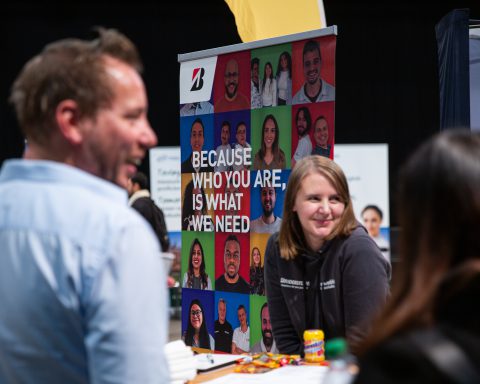
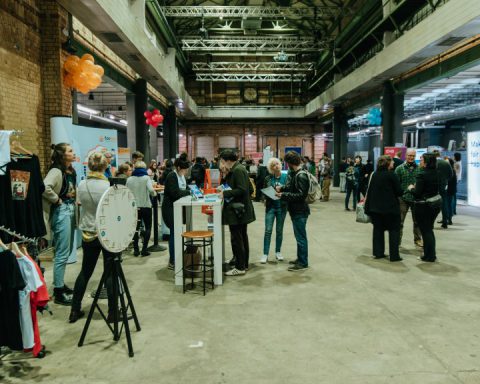
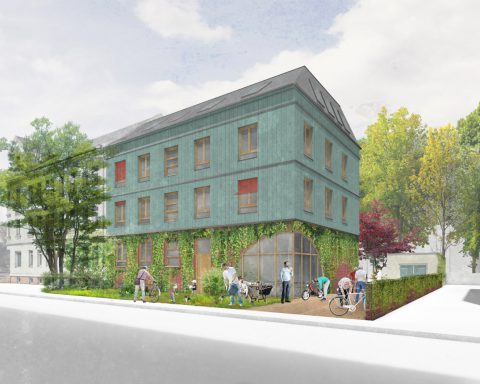

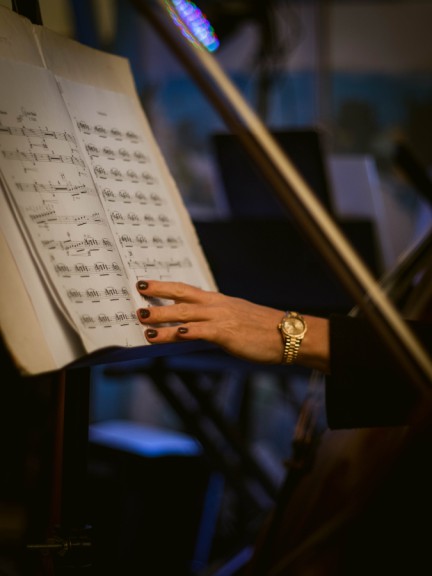

![Wine & Paint event on 9 Nov. 2024 at Felix Restaurant, Leipzig. Photo: Florian Reime (@reime.visuals] / Wine & Paint Leipzig](https://leipglo.com/wp-content/uploads/2024/12/pixelcut-export-e1733056018933-480x384.jpeg)
